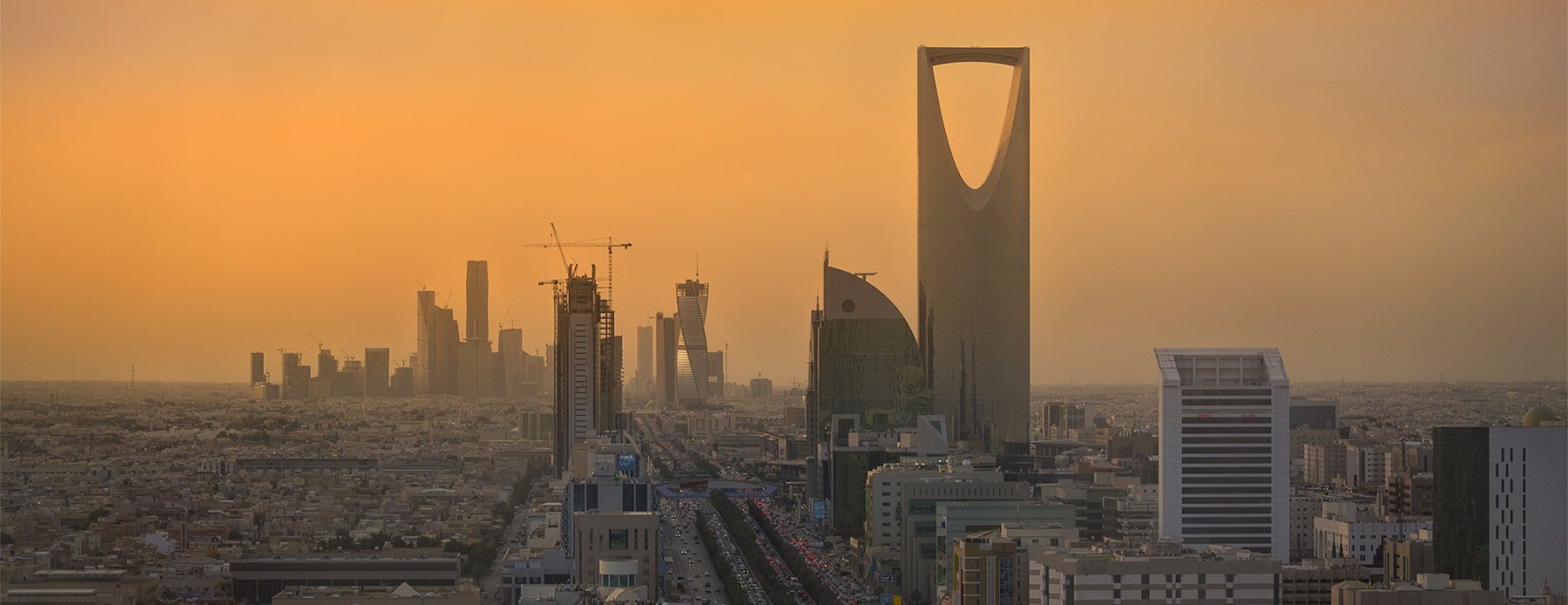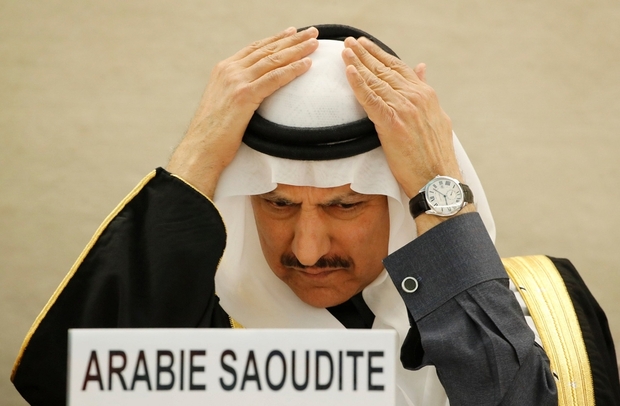
“I don’t believe in God” and other words that could get you arrested in Saudi Arabia
Humanists International intervenes on Saudi human rights record

Humanists International intervenes on Saudi human rights record
Humanists International at the United Nations in Geneva today blasted Saudi Arabia’s record on human rights and civil liberties.

Bandar al-Aiban, head of Saudi Human Rights Commission
Today at the 40th session of the UN Human Rights Council, in the presence of visiting Saudi government delegates, Humanists International condemned Saudi Arabia for its treatment of women, secular human rights defenders and the non-religious in the country.
The remarks were addressed to the President of the Saudi Arabian Human Rights Commission, Dr Bandar bin Mohammed Al Aiban. In her intervention, Humanists International’s Director of Advocacy, Dr Elizabeth O’Casey, raised serious concerns on the situation for women and non-religious people. She also took the opportunity to call out Saudi Arabia’s previous ambassador to the UN, who had said that those professing atheism in Saudi Arabia were subversive and inviting retaliation.
O’Casey raised the cases of Raif Badawi, Ashraf Fayadh and Ahmad Al Shamri.
The text of her statement follows in full below.
40th Session of the UN Human Rights Council (25th February – 22nd March 2019)
UPR: Saudi Arabia
Elizabeth O’CaseyMr Vice President, Dr Al Aiban and colleagues,
In Saudi Arabia, women face severe restrictions and discrimination in their daily lives; for example, through the guardianship system, forced dress code and inequality under personal status law.
Accordingly, we were heartened to see a commitment by Saudi Arabia to abolish the guardianship system but deeply regret the rejection of Lichtenstein’s recommendation for Saudi Arabia to withdraw its CEDAW reservation giving precedence to sharia law.
Whilst the replacement of the 2014 anti-terrorism legislation with the 2017 version is to be welcomed, we remain concerned that it still has an overly broad definition of terrorism that encompasses peaceful dissent and protest.
We were heartened to see the new law no longer explicitly equates atheists as terrorists.
However, comments by the previous Saudi Ambassador to the UN in 2016 would imply little change in attitude on this; he said of atheists in Saudi Arabia: “If he is going out in the public, and saying, “I don’t believe in God,” that’s subversive. He is inviting others to retaliate.”[1]
That’s not freedom of religion or belief. And that sort of language about any belief group is entirely inappropriate coming from someone in such a privileged position speaking for a nation at the highest level.
I don’t believe in God. I don’t believe in Wahhabism. I believe women are equal to men. I believe in democracy and pluralism. And I believe in human rights for all.
In your country Dr Al Aiban, I may be seen as subversive at best, a terrorist at worst.
But I am fortunate enough to live in a place where I can say these things. Where it isn’t against the law or seen as automatically deserving of retaliation. Where I can question religion and the state’s instrumentalization of it. Unfortunately for secular human rights defenders like Raif Badawi, Ashraf Fayadh and Ahmad Al Shamri, they don’t. They remain in prison in Saudi Arabia, Al Shamri on death row.
We urge Saudi Arabia to narrow its anti-terrorism law, to respect the freedom of religion, belief and expression of all citizens, not just those who subscribe to the same theology as its rulers and to free those in prison on the grounds of blasphemy, human rights defence or peaceful protest.
[1: https://friendlyatheist.patheos.com/2016/04/15/watch-the-saudi-ambassador-to-the-un-explain-why-atheists-are-deemed-terrorists-in-his-country/]